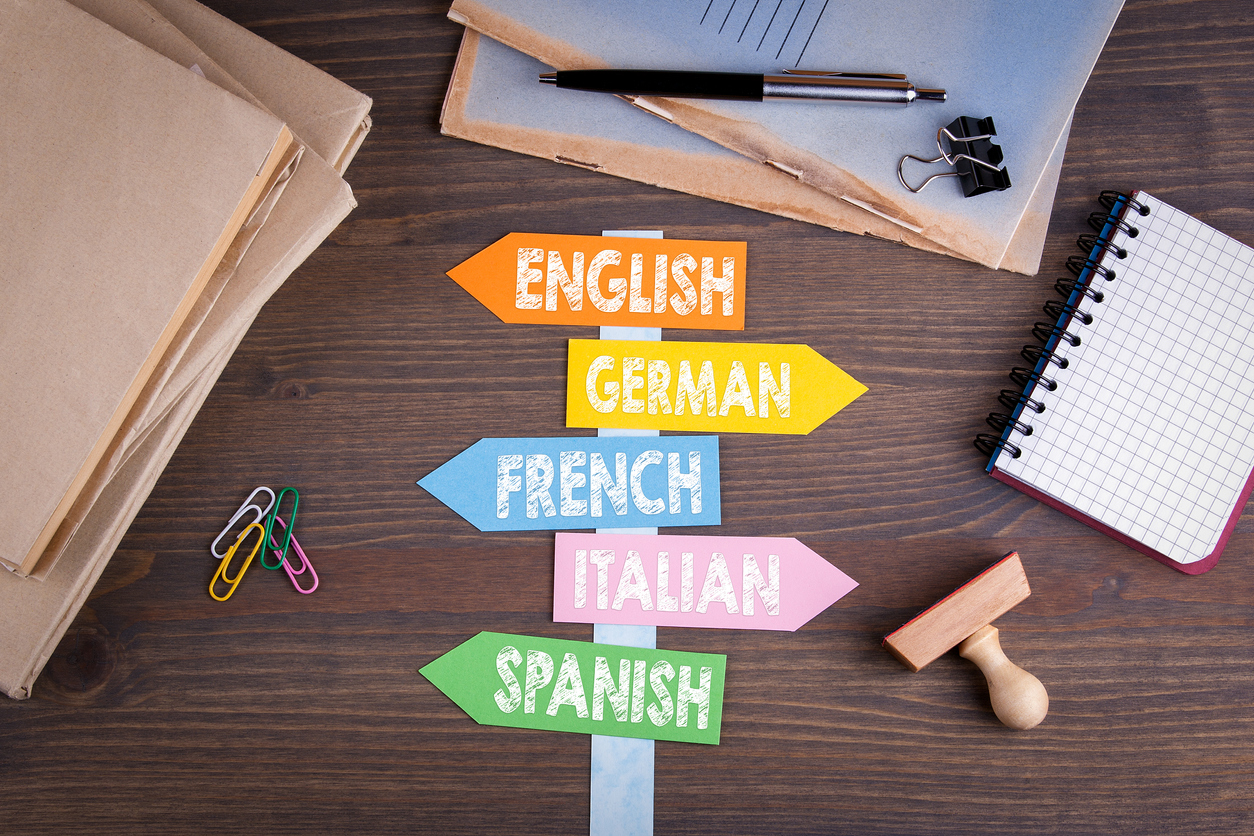Prost! To Oktoberfests Around the Globe
The German festival so popular it inspired its own style of beer, Oktoberfest is growing into a global celebration of culture (and drinking), like St. Patrick’s Day and Cuatro de Cinco. So, what is Oktoberfest like around the globe?
The official Oktoberfest, an annual, two-week long celebration in Munich, began as a celebration of the newlywed Crown Prince and Princess and continues today as a flourishing tour de force of German heritage. Everyone gathers at die Wiesen for the mayor’s kick-off beer keg tapping and travel from tent to elaborate tent, enjoying exclusive Munich beers brewed by specific German beer purity laws (Reinheitsgebot), traditional foods, parades and costumed revelers.
And when I say “everyone,” I mean it: Oktoberfest is a popular gathering for men and women, students and elders, locals and tourists alike.
While Oktoberfest maintains a strong hold on tradition, the festival has seen a variety of minor changes over the years in consideration of its evolving audience. The creation of a “quiet Oktoberfest” regulates the music decibels during the day in order to keep the tents family friendly and less rowdy compared to in the evenings. This combination of unyielding tradition and minor evolution has kept the celebration relevant for centuries.
Eponymous Oktoberfests throughout the world have taken the same hint, transforming their festivals into a union of German culture celebration and local honor. Particularly popular in the US, microbreweries brew their own Oktoberfest or Märzen beer to sample while hosting a day-long festival. German foods are served alongside local cuisine, and the traditional brass bands may be replaced by favorite area performers.
In some areas, such as South Africa and Australia, university students are leading the Oktoberfest celebrations. In other cities, such as Brisbane, Australia, and Colonia Tovar, Venezuela, the festival includes a focus on strength competitions. Each city brings its own unique touch, creating a wildly successful event and giving revelers something new to toast “prost!”
Many international Oktoberfests can thank German immigrants for their founding, such as in the Kitchener-Waterloo, Ontario, and Blumenau, Brazil. But an Oktoberfest doesn’t require a city full of German descendants to succeed: it needs only enthusiasm, schnitzel and pretzels, a lot of beer, and a few lederhosen-clad leaders to succeed.
Enjoyed this post? Read more by Harvin!
Harvin Bedenbaugh—Content Writer/Editor



